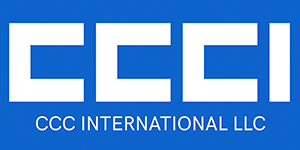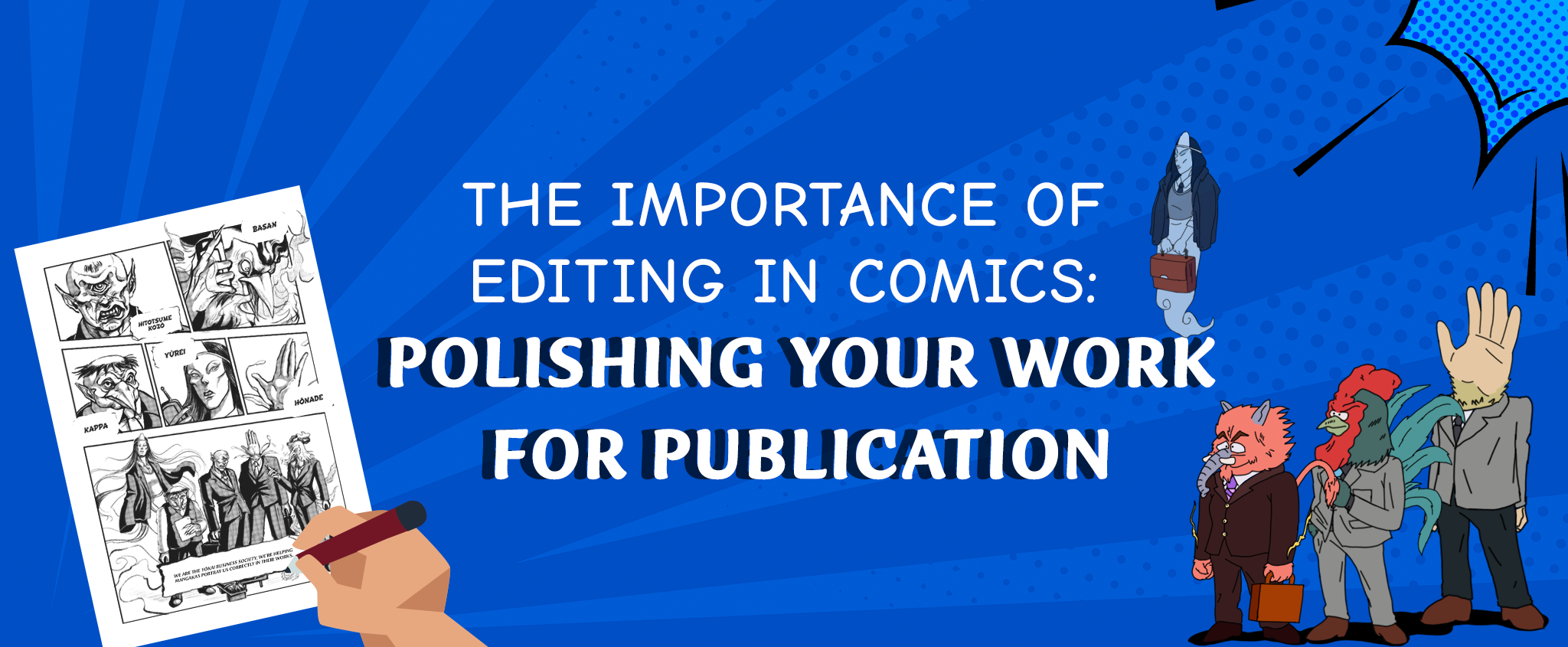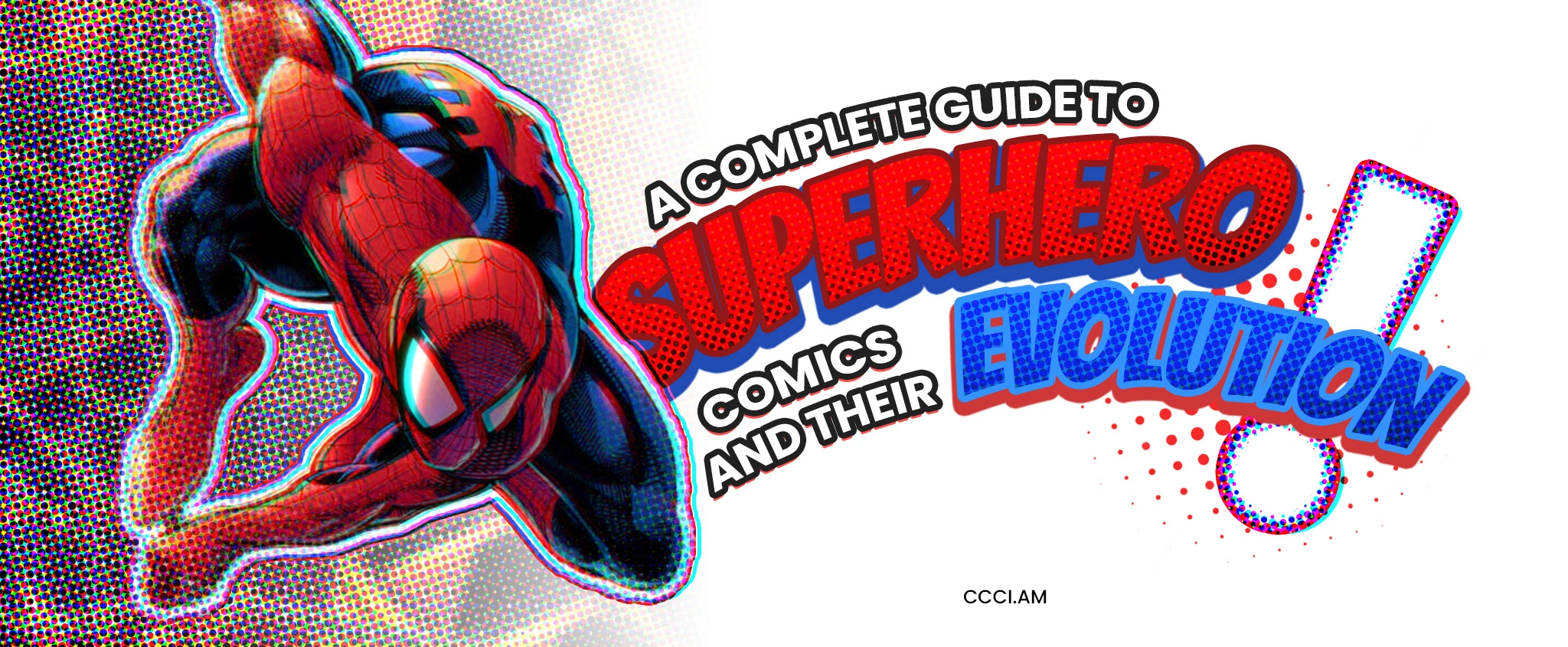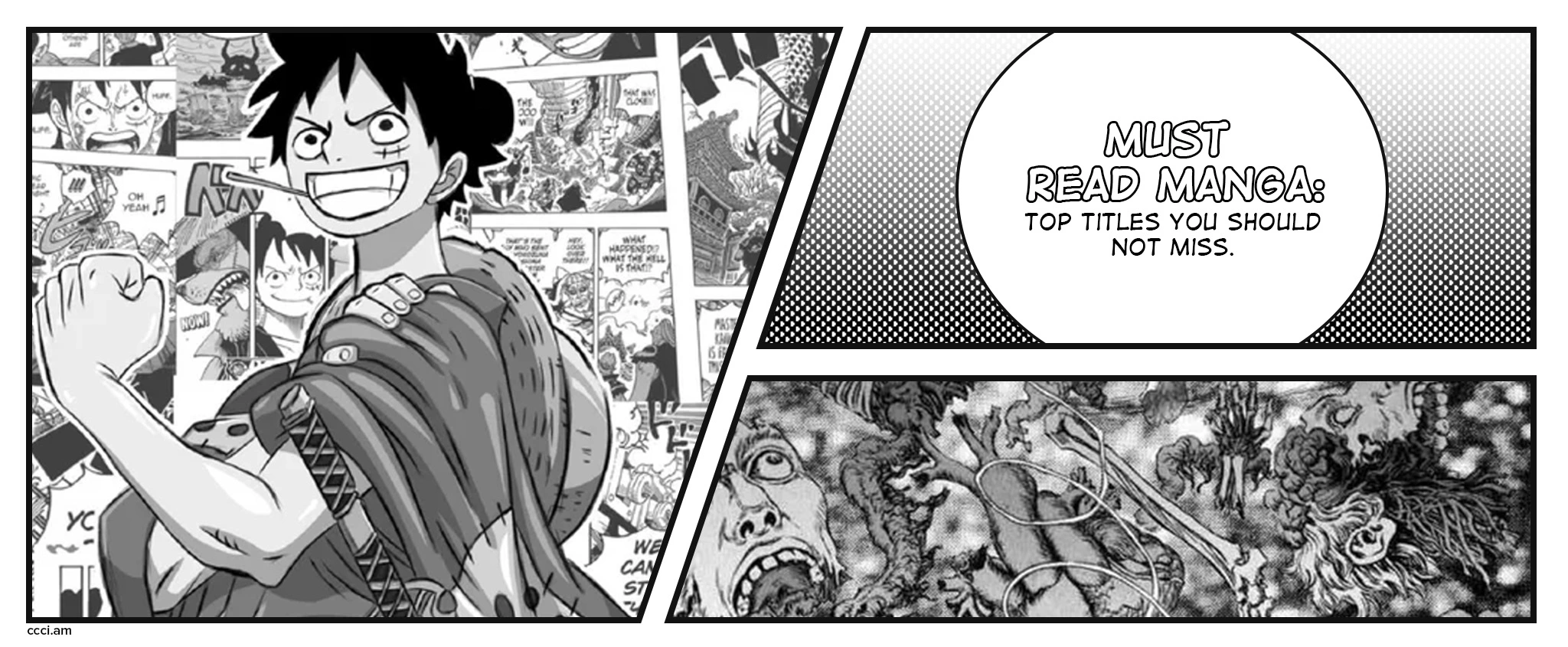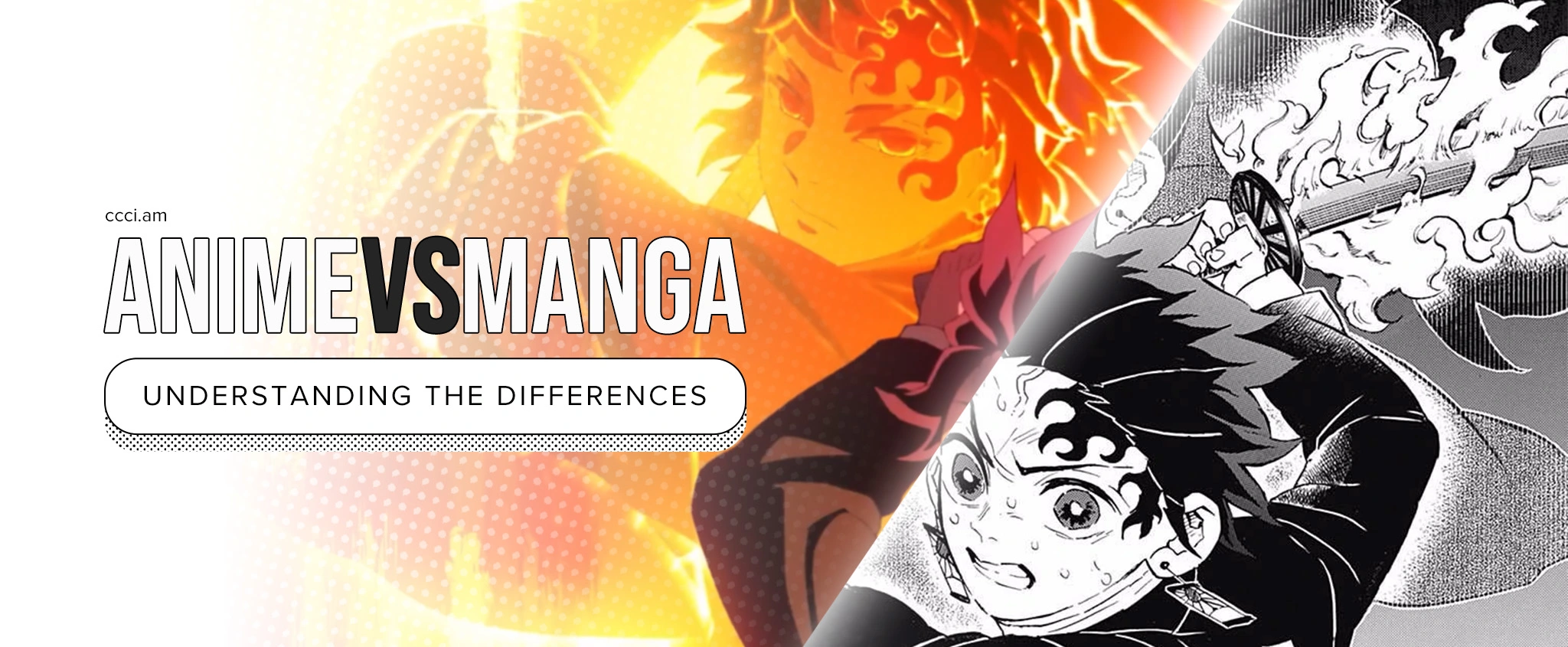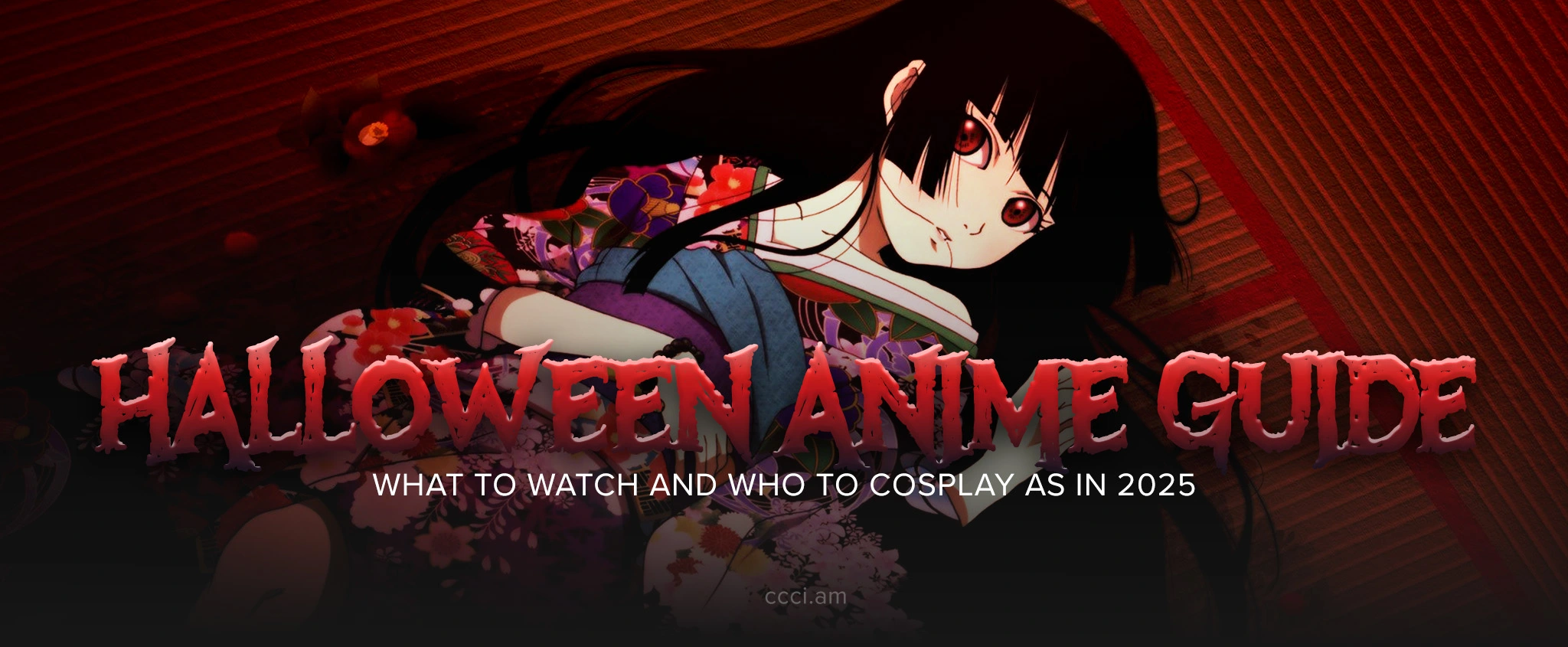The Importance of Editing in Comics: Polishing Your Work for Publication
Comics and graphic novels have long captured the hearts of audiences worldwide. A single panel can encapsulate the thrill of victory, the despair of defeat, and the humor in every day; all brought to life by the skillful play of text and image. However, behind every engaging story lies a less glamorous but equally important process: editing in comics.
Much like the hidden heroes behind the scenes of your favorite films and TV shows, a comic editor ensures that the story flows smoothly, the characters stay consistent, and the artwork complements the narrative.
CCC International unpacks the importance of comics editing, showing you how to develop and refine your stories, make them ready for publication, and elevate your work to the next level!
Key Takeaways:
- The comic book industry generated USD 2,075 million in 2021, selling more than 94 million copies of comic books and graphic novels in the US.
- Editing in comics is the process of refining storylines and artwork and preparing your work for publication.
- A comic book editor is akin to a director in film production, ensuring a cohesive story through dialogue and visuals.
- Manga editing, comics editing, and graphic novel editing require specialized knowledge and collaborative effort.
Table of Content:
- What Is Comic Book Editing?
- What Does a Comic Book Editor Do?
- Why Is Editing In Comics Important?
- The Nuances of Editing in Comics
- CCCI – Professional Comic Book Editing Services
What Is Comic Book Editing?
Comic book sales have been steadily climbing in recent years, reflecting the growing demand for this form of storytelling. According to data from WordsRated, the comic book industry generated USD 2,075 million in 2021 alone, selling more than 94 million copies of comic books and graphic novels in the US.
Importantly, these statistics aren’t just numbers; they indicate a flourishing industry. They highlight the importance of attention to detail in comic book editing, the bedrock upon which the industry’s success is built.
Comic book editing is the process of reviewing and revising a comic’s written script and artwork for accuracy, clarity, consistency, and overall quality. It ensures the story remains true to its original vision while meeting industry standards.
The terms “comic book editing,” “manga editing,” and “graphic novel editing” may sound easy, but each type of work demands its own particular skill set. The word “editing” alone may make people think of simply proofreading and correcting spelling mistakes. However, there’s much more to it.
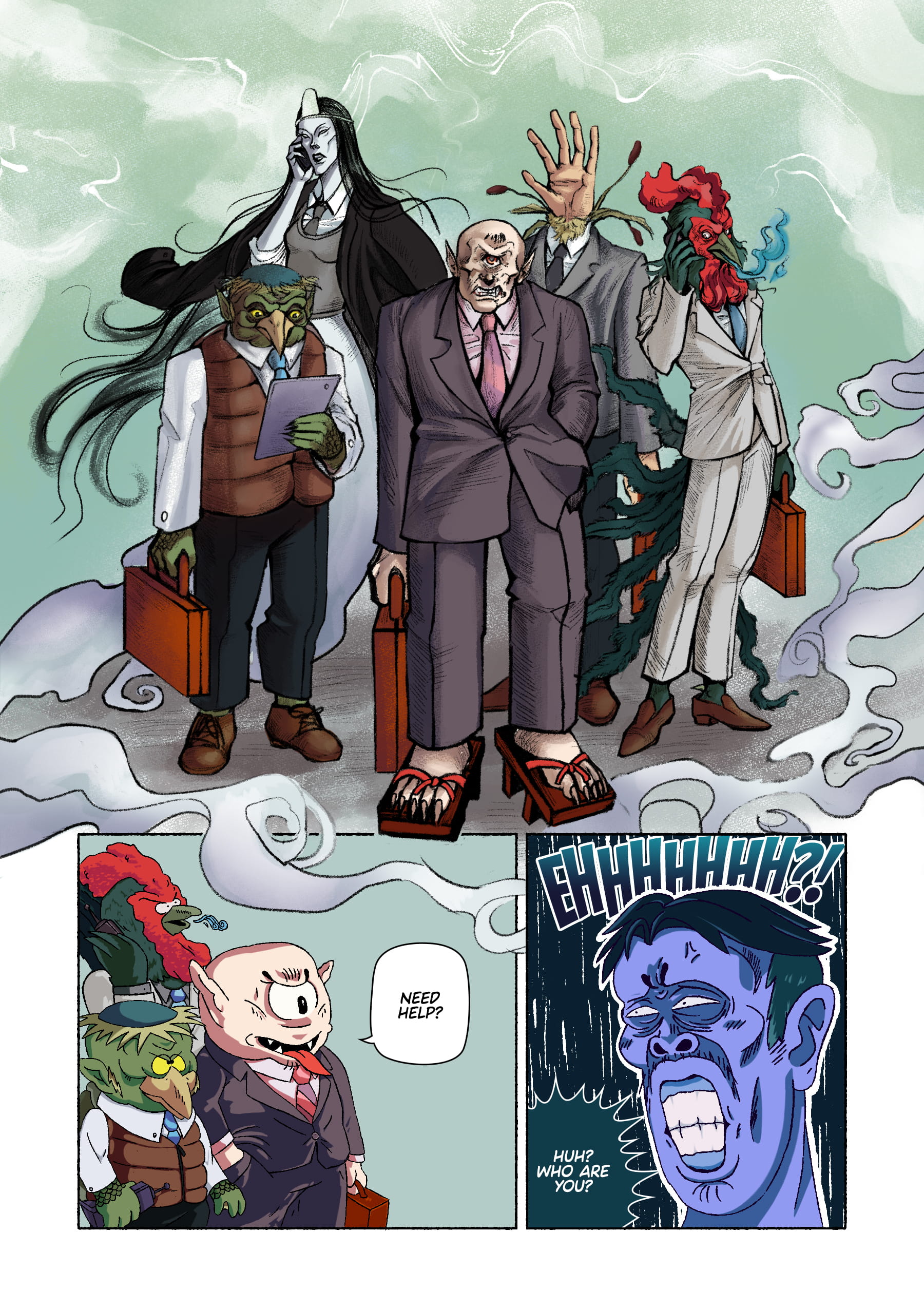
Comic books, generally published in serialized form, require an editor to see that the artwork fits a given issue’s word count and page layout parameters within a series. On the other hand, editing manga focuses on creating a consistent tone across multiple volumes. At the same time, graphic novel editors evaluate how well the story translates into a single cohesive, standalone book.
Note: Comic books traditionally refer to periodicals published in the North American market. At the same time, manga is the Japanese term for comics and graphic novels. Graphic novels are longer and usually contain a complete narrative in one volume, similar to a traditional novel.
Comic book editing (or editing, in general) is a whole process comprised of multiple steps completed by professionals highly trained in the craft. It’s also a highly collaborative effort involving various professionals.
Why Is Editing In Comics Important?
Comic editing is crucial in creating any successful comic book, manga, or graphic novel, often distinguishing an ordinary work from an exceptional one. Let’s delve into some reasons why editing in comics is of such considerable importance:
Enhances the Clarity and Cohesion of the Story
A well-edited comic book guarantees a seamless storyline, with each panel logically flowing into the next. This consistency allows readers to fully immerse themselves in the narrative, enhancing their overall reading experience.
Preserves the Artistic Vision
Comic book editors work closely with artists and writers to safeguard the integrity of their artistic vision. They provide a fresh perspective, identifying potential gaps or inconsistencies that the creators might otherwise miss.
Ensures Accuracy and Consistency
In terms of language, facts, and visual consistency, accuracy is key in any written work, including comics. An editor verifies the accuracy of details, ensuring consistency in character designs, backgrounds, and plot elements across different issues or volumes.
Heightens Reader Engagement
A well-edited comic book engages readers, holding their interest from the first panel to the last. It is achieved through careful pacing, ensuring the compelling storyline and the dialogue are crisp and well-plotted.
Improves Market Performance
Finally, a comic book that has been thoroughly edited is more likely to resonate with readers, critics, and publishers alike. It can translate into positive reviews, strong sales, and potential further publication or adaptation opportunities.
What Does a Comic Book Editor Do?
So, what does a comic book editor really do? Contrary to what some may think, the role of a comic editor extends far beyond mere proofreading. They act as a critical partner in the creative process, ensuring the final product is polished, focused, and market-ready.
Overseeing the Artistic Process
Comic book editors actively participate in the artistic process, providing input and guidance to the creative team. They are instrumental in shaping the narrative structure, pacing, and visual aesthetics, ensuring harmonious elements.
Facilitating Collaboration
A key part of a comic editor’s role is to foster effective collaboration among writers, artists, colorists, and typesetters. They serve as the focal point of communication and coordination, ensuring everyone is on the same page and working towards a cohesive final product.
Managing Deadlines
In the fast-paced world of comic book publishing, delivering high-quality work on time is crucial. Comic editors manage the production schedule, ensuring all team members meet their deadlines and the comic gets published as planned.
Quality Control
Quality control is one of the most important roles of a comic editor. They meticulously review each page, checking the grammar, punctuation, and visual consistency. They also keep an eye out for continuity errors, incorrect facts, or inconsistencies in character design or plot elements.
Market Analysis
Finally, comic book editors identify potential market opportunities and trends. They make the comic’s content, style, and overall approach align with what the audience seeks, increasing the chances of commercial success.
The Nuances of Editing in Comics
Editing a comic or manga is not quite the same as editing a traditional novel or article. Integrating visuals with text presents unique challenges and requirements, demanding different skills from the editor. They must address each nuance tactfully to create a cohesive, engaging, reader-friendly work.
Balancing Text and Visuals
In comics, the narrative is driven equally by text and visuals. An editor must meticulously ensure that the text doesn’t overshadow the visuals and vice versa. They work with the creative team to strike the right balance, facilitating a seamless interplay between the written word and the graphics.
Visual Storytelling
The art of visual storytelling is central to comics. Editors play a crucial role in refining this aspect, guiding the visual narrative and ensuring it complements the text. They need to have a keen eye for graphic details, understand the dynamics of a comic frame, and guarantee that each panel conveys the story effectively.
Dialogues and Captioning
Editors in comics must have a firm grasp of effective dialogues and captioning. They refine the dialogues to fit within the comic frames without compromising the flow of the story or the characters’ voices. Additionally, they work on captioning, ensuring the captions add value to the story and are positioned correctly for easy reading.
Cultural Sensitivity
Comics often transcend cultural boundaries, and editors must aim for culturally sensitive content. It is particularly crucial when translating manga or other international comics. The editor must respect the original culture while making the content relatable to a diverse audience.
Pro Tip: Thorough research, empathy, and an open mind, enable the editor to retain the authentic essence of the story while making it accessible and engaging for readers worldwide. Remember, a culturally sensitive edit isn’t about diluting the original content but enhancing it to celebrate diversity and promote understanding!
Genre-Specific Editing
Different genres of comics—like superhero tales, fantasy, horror, or slice-of-life—have different conventions and expectations. An experienced comic editor understands these nuances and tailors their editing approach to fit the genre, enhancing the story’s impact and readability.
CCCI – Professional Comic Book Editing Services
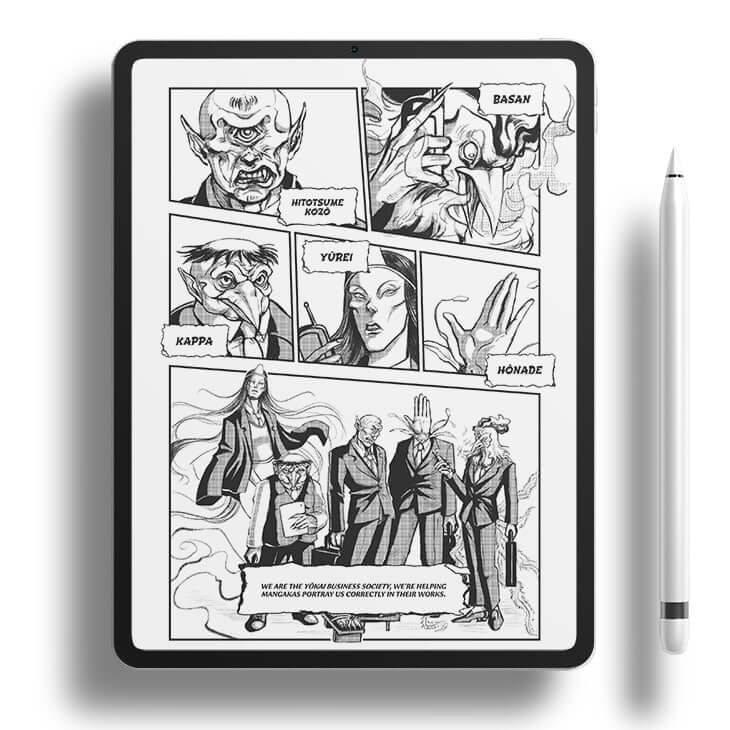
The art of editing in comics is as demanding as it is crucial. At CCCI, we appreciate the complexity and importance of comic book editing, so we offer professional comic book editorial services, perfect for aspiring and established comic creators!
Our experienced team specializes in understanding and enhancing your story, respecting its cultural origins, and tailoring the editing process to its genre. With our professional comic book editing services, your work is polished and primed for publication, ensuring your narrative engages, entertains, and transcends boundaries. The story is yours; we’re here to help it shine. Contact CCCI today!
